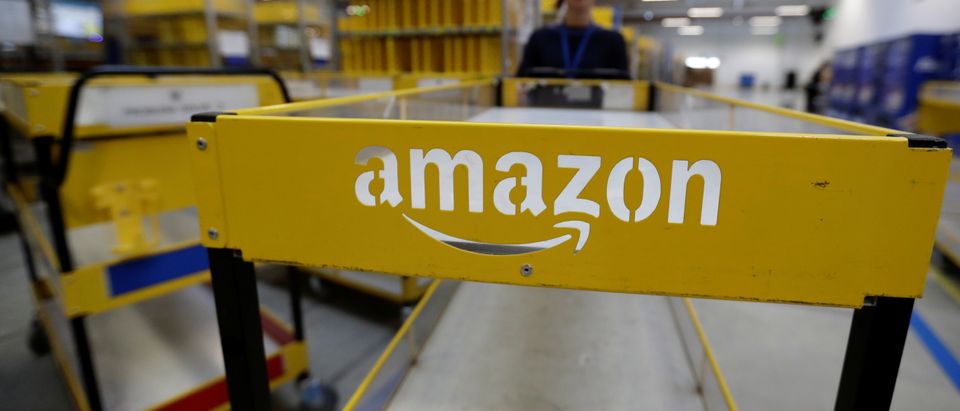It’s become unfortunately common for anti-business advocates to demand that government break up successful American businesses. The demands have no basis in traditional antitrust law, and so many in Washington are calling the movement “hipster-antitrust.” Instead of focusing on general consumer welfare, the movement seeks to include notions of income inequality, unemployment and wage growth under the antitrust umbrella.
Hipster-antitrust groupies are out of touch with the law and facts, and they are unwilling to acknowledge that competition to “big tech” companies such as Google and Facebook is alive and well.
The latest development illustrating that competition has been the incredible growth of Amazon’s online advertising business. It shows just how blind hipster-antitrust advocates are. Google and Facebook remain the two largest online advertisers, but Amazon’s service is catching up fast.
You might be wondering, “Doesn’t the growth of an already large company like Amazon show that hipsters are right about antitrust?”
In reality, Amazon’s ad growth shows that competition exists in even concentrated markets like online advertising. It also demonstrates the short-sightedness of hipster-antitrust advocates’ campaigns against Facebook and Google. These advocates lack foresight and seem only able to see what is rather than accept what is coming — more competition.
Anti-business advocates are failing to do their homework on American entrepreneurialism. A cursory review of American history would teach them that today’s dominant player often becomes tomorrow’s casualty report — due to competition and innovation.
In the 1960s, GM, Chrysler, and Ford controlled 90 percent of new car sales, but now are less than 45 percent. Search was once dominated by Yahoo, who was later overtaken by Google. In 2006, MySpace had more daily visitors than Google — but was later overtaken by Facebook. These changes were not facilitated by government intervention, but by market forces.
Anti-business advocates prefer to ignore history. Open Markets Institute president Barry Lynn regularly rails against Google and Facebook’s online advertising and calls for the government to break them up. Likewise, Tim Wu is building a book-writing career with his calls to decimate American innovators. But Amazon’s online advertising growth proves their outrage is premature and misguided.
Amazon’s advertising services represent the real opportunity for new market entrants. Taken together, Facebook and Google’s ad services are much larger than Amazon’s, but that gap is decreasing. Despite the cries of panic from anti-business advocates, the avenue for new competition is wide open.
Another problem with hipster-antitrust advocates is a lack of humility. These advocates think their views are reality while refusing to see beyond their own rhetoric.
Back in 2010, Tim Wu complained that Facebook’s size precludes new entrants. Yet Wu’s prognostications ignored Facebook’s competition from Twitter, Snapchat, Reddit, YouTube, and LinkedIn. And since 2010, we’ve seen the rise of additional social media competitors like Twitch, TikTok, Pinterest and Tumblr.
Ask anyone who enjoys spending a decent portion of their time on social media and they will tell you that there has never been more choice.
Hipster-antitrust advocates seem unable to see the opportunity for competition. All things are cyclical and in the end history wins. History shows that no market position is guaranteed and should make everyone skeptical of chicken-little panic warnings from hipster-antitrust groups like Open Markets and Tim Wu.
It’s time for us to stop listening to pessimistic hipster-antitrust prognostications from those who are unable to understand the rich history of American business, where nothing is guaranteed and competition is always around the corner. Amazon’s recent entry and quick success is just more proof that online advertising markets are intensely competitive.
Carl Szabo (@CarlSzabo) is general counsel for NetChoice, a trade association of eCommerce businesses and online consumers that includes Google and Facebook. Szabo is also an adjunct professor of privacy law at the George Mason University Antonin Scalia Law School.
The views and opinions expressed in this commentary are those of the author and do not reflect the official position of The Daily Caller.


